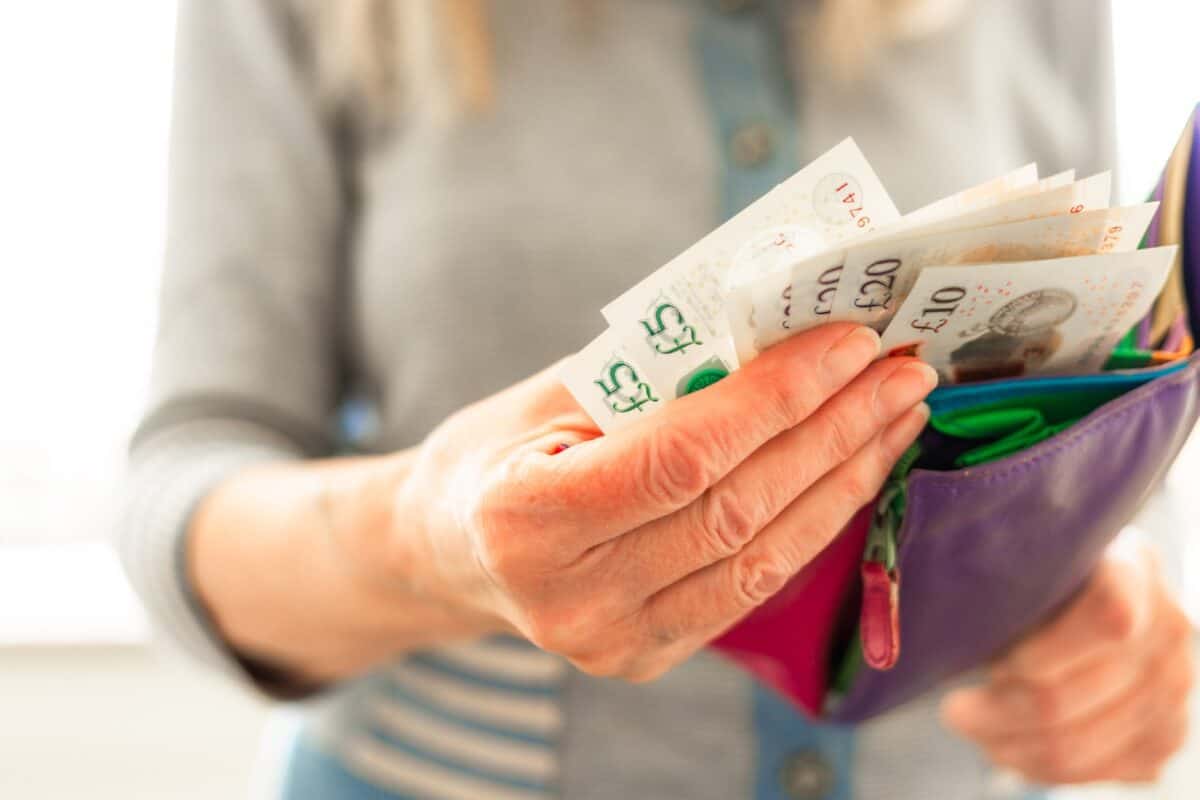Image source: Getty Images
The value of Greggs (LSE:GRG) shares fell sharply yesterday (9 January) after the group released a trading update for the last quarter of 2024. The headline figure was impressive. Total sales increased 7.7%, compared to the same period in 2023. But for those shops managed directly by the company, on a like-for-like basis, the increase was a more modest 2.5%.
The distinction between franchised stores — which account for around 20% of the group’s footprint — and other premises is an important one. That’s because — perhaps surprisingly — the baker earns a lower margin from the shops that it manages itself.
In 2023, Greggs reported a trading profit margin of 20.7% on franchised shops (including other wholesale activities). Its own shops – which contributed 89% of revenue that year — recorded a margin of 15.5%.
I suspect this was the principal reason why the baker’s shares performed so poorly. The company observed “subdued High Street footfall” during the quarter, which affects its own stores the most.
One person’s trash could be another’s treasure
It’s been a miserable week for shareholders. During the five trading days ended 10 January, the shares fell 23%.
But this could be a good opportunity for me. As Warren Buffett advises: “Be fearful when others are greedy. Be greedy when others are fearful.”
Indeed, this echoes the advice given by RBC Capital, in December. The investment bank was telling its clients to “buy the dip”. At the time, the shares were changing hands for £28.34p. Today, they’re 24% lower. And it set a price target of £32.40 — a 50% improvement on today’s value.
This optimism is based on a belief that the group is well positioned to cope with the post-Budget higher labour costs that the company faces.
Income prospects
One positive from the recent fall in its share price is that the stock’s yield has been pushed higher.
Having said that, it’s difficult to precisely calculate the current yield. Over the past five years, the company’s paid three special dividends. Based on the amounts paid in 2024 (105p), the yield is 4.9%. However, using payouts made in 2023 (60p), it’s 2.8%.
Remember, though, that dividends are never guaranteed.
Not so fast
Although Greggs continues to grow, the pace is slowing.
It’s true that revenue has increased rapidly since the pandemic — the average annual increase, from 2021 to 2024, was 26%. But it slowed to 11.3%, in 2024.
I think this is inevitable given that the company doesn’t have any overseas stores. There’s a limit to the number of pies and sausage rolls that UK consumers can eat.
But it means the group’s vulnerable to a slowdown in the domestic economy. With its reputation for low prices, Greggs is ideally placed to take advantage when incomes are squeezed. Consumers are more likely to ‘trade down’ when cash is tight.
However, it’s not immune from a wider economic slowdown. Although the UK economy is expected to grow in 2025, recent data has cast some doubt on the accuracy of the most optimistic of forecasts.
Therefore, after reviewing the investment case, I don’t want to invest in Greggs. Its revenue and earnings growth are slowing. And it’s over-reliant on the UK economy. Personally, I believe this week’s dramatic pullback in the share price is an indication that other investors share my concerns.
Credit: Source link














